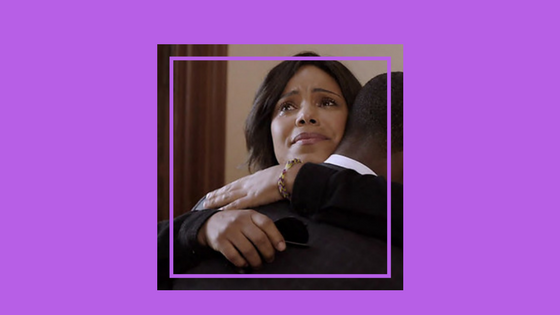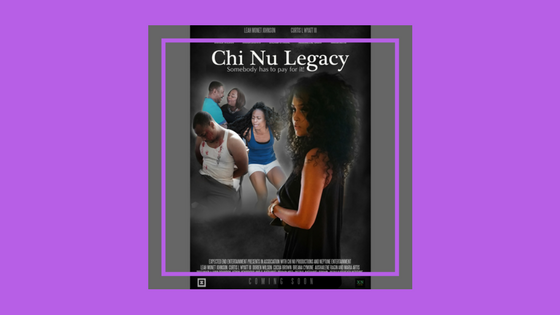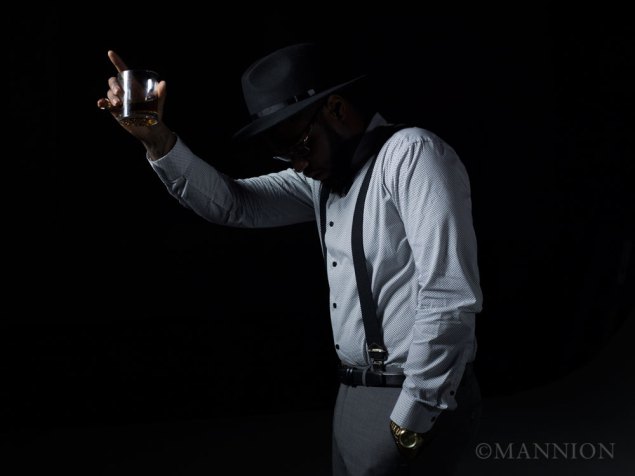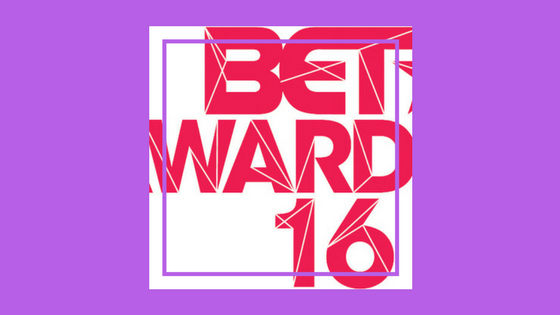The final episode of Shots Fired premiered last week, but the conclusion was bitter sweet. Sweet because the missing pieces to the puzzle finally fell into place, and bitter because we have to say goodbye to “bad ass” Ashe Akino and Preston Terry; two characters that we grew fond of and watched evolve and transform over the course of several weeks. The 10 hour series which debuted in March focused on the investigation of two racially charged shootings that involved a black and white teen both killed in Gate Station, North Carolina.
Initially the Department of Justice sent Ashe (an investigator) and Preston (a special prosecutor) to investigate the murder of Jesse Carr, a white teen that was killed by a black officer. While investigating Jesse’s case the two uncover the uninvestigated and unsolved case of Joey Campbell, a black teen who they discover was killed by a white auxiliary deputy. Ashe and Preston work aggressively to uncover the truth and seek justice in the two cases while trying to put their biases and differences aside. On their journey to uncover the truth they witness a divided community and corrupt criminal justice system within the small town of Gate Station. Viewers watch how the investigation changes Ashe and Preston as they become more emotionally invested in the two cases. We also see how the investigation brings the two closer together as they become more dependent on each other for support.
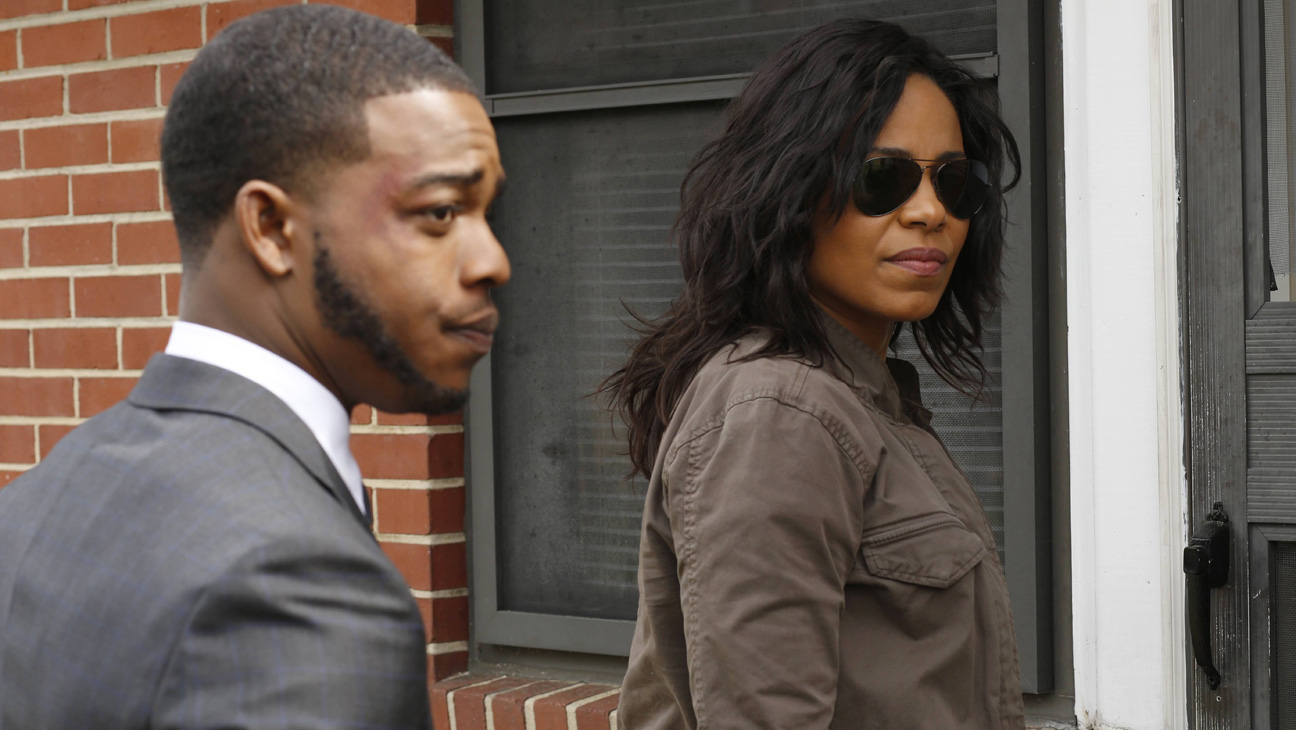
Reggie and Gina Bythewood, the creators behind the show have stated that Shots Fired was heavily influenced by the recent stream of murders over the years involving black men that were killed by white law enforcement officers. The writers even named the fictional town Gate Station after the Gate gas station in Jacksonville, Florida where a 17 year old black teen named Jordan Davis was killed by Michael Dunn.
Because the writing of the show was largely influenced by black murders many people questioned why the central shooting in the show focused on an unarmed white teen that was killed by a black officer when that scenario rarely occurs in reality. The writers felt that inverting the character would be a good way to allow people to identify with the individual’s character in a more objective way. Gina mentioned in an interview that during the Trayvon Martin trial many people empathized with Zimmerman, raising money for him and painting him as a hero, but where was the empathy for the victim? Also with the character inversion viewers were able to focus more on the individual’s character instead of the individual’s race. Deputy Joshua Beck was a young black officer with a wife and two sons who made the decision to pursue an unarmed white teen without a just cause. His unconscious bias put him and the teen in a situation where the teen lost his life. Beck was ultimately indicted for the murder of the teen and many including myself sympathized with Beck because we felt he was a good man that made an honest mistake. I felt that the show caused many viewers including myself to look at situations such as these more objectively and to reflect on our inner biases.
There was a powerful scene in the final episode when Preston is presenting his arguments to the grand jury about indicting Deputy Beck. He said that we have a race based judicial system rooted in our biases and prejudices. Preston went on to argue that history tells us that white jurors will empathize with the victim (in this case Jesse Carr) and black jurors will empathize with the shooter (which in this case was Deputy Beck). Automatically you would assume that Preston being a black man himself would empathize more with Beck because of his race but his entire point was to put those biases to the side and focus on what is just. See regardless if the murder was unintentional, he committed a murder and his pursuit of the teen was unlawful. Preston went even further to mention to the jury that if he was investigating the case of Trayvon Martin or other black males that were killed by a white officer he would still want the same thing, an indictment for the unlawful act.
Unfortunately in the case of the black teen Joey Campbell, his killer (Officer Arlen Cox) was not indicted. Cox testified in front of the grand jury that he felt his life was being threatened so he made the decision to kill the teen out of fear for his own life. So where was the justice for Joey? Maybe that question was left unanswered because it is a reflection of where our society currently stands in regards to our criminal justice system.
What did you guys think of the Shots Fired series?

